Eggs are an essential ingredient in most baking recipes, but you may not want to bake with them, whether for dietary reasons or allergies. Here's everything you need to know about them and substitutes for eggs in baking.
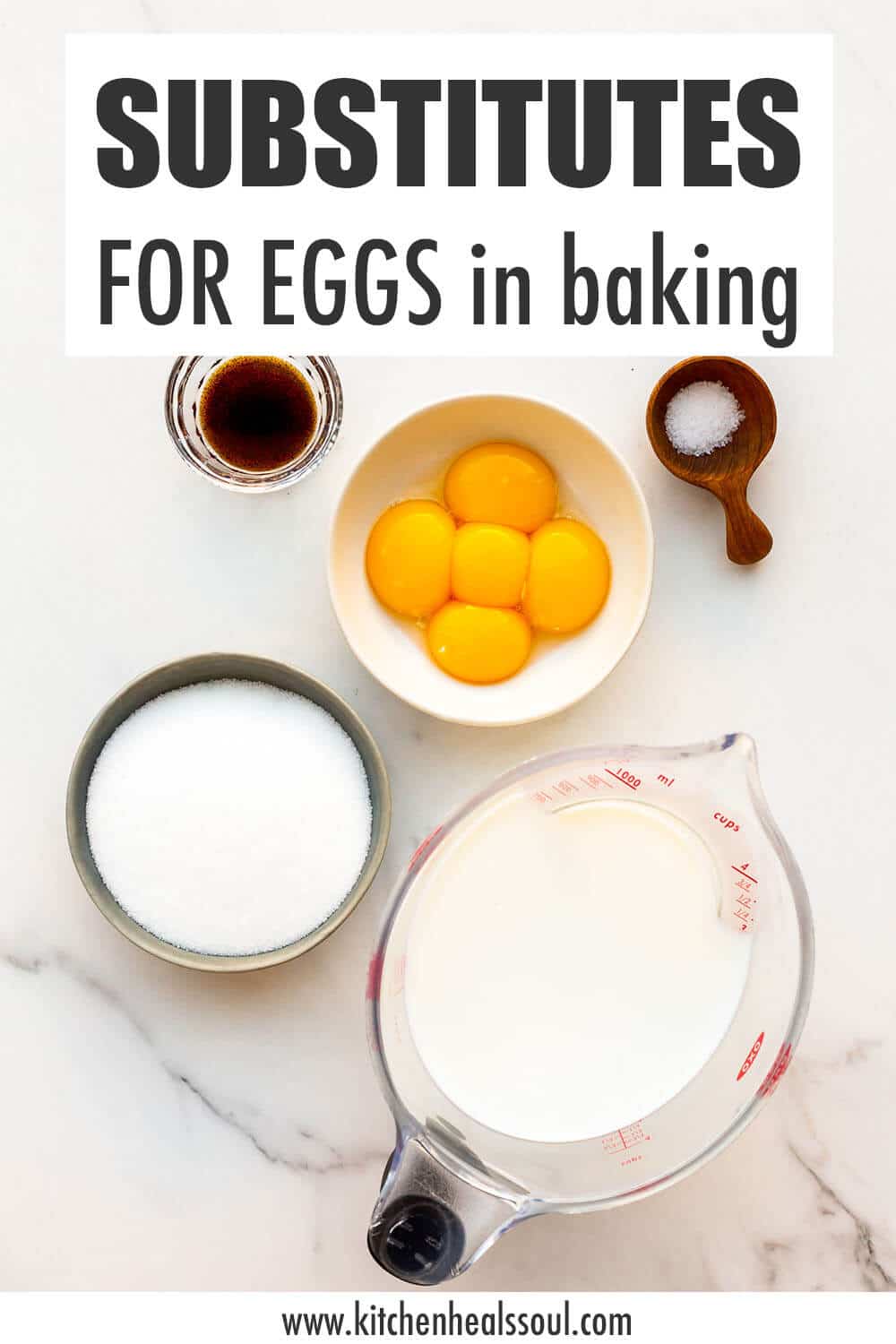
Jump to:
The role of eggs in baking recipes
Eggs are among the essential baking ingredients that play a role that goes beyond taste. What exactly do eggs do in baking recipes?
- Eggs add moisture to baked goods, but also water (producing steam as the cake bakes, which is a leavening agent, as are eggs).
- Egg proteins are good at containing air and gas pockets, especially the whites, which also contributes to their leavening power.
- Eggs provide structure to baked goods. The structure that eggs provides helps prevent cake collapse, for example, helping trap air bubbles and give a dry structure to baked goods to hold and maintain the formed bubbles even as the baked goods cool.
- Eggs have emulsifying properties. Eggs bind batter ingredients together so that the fats and water stay mixed together and don't separate.
- Eggs, specifically the yolks, provide fat and also flavour.
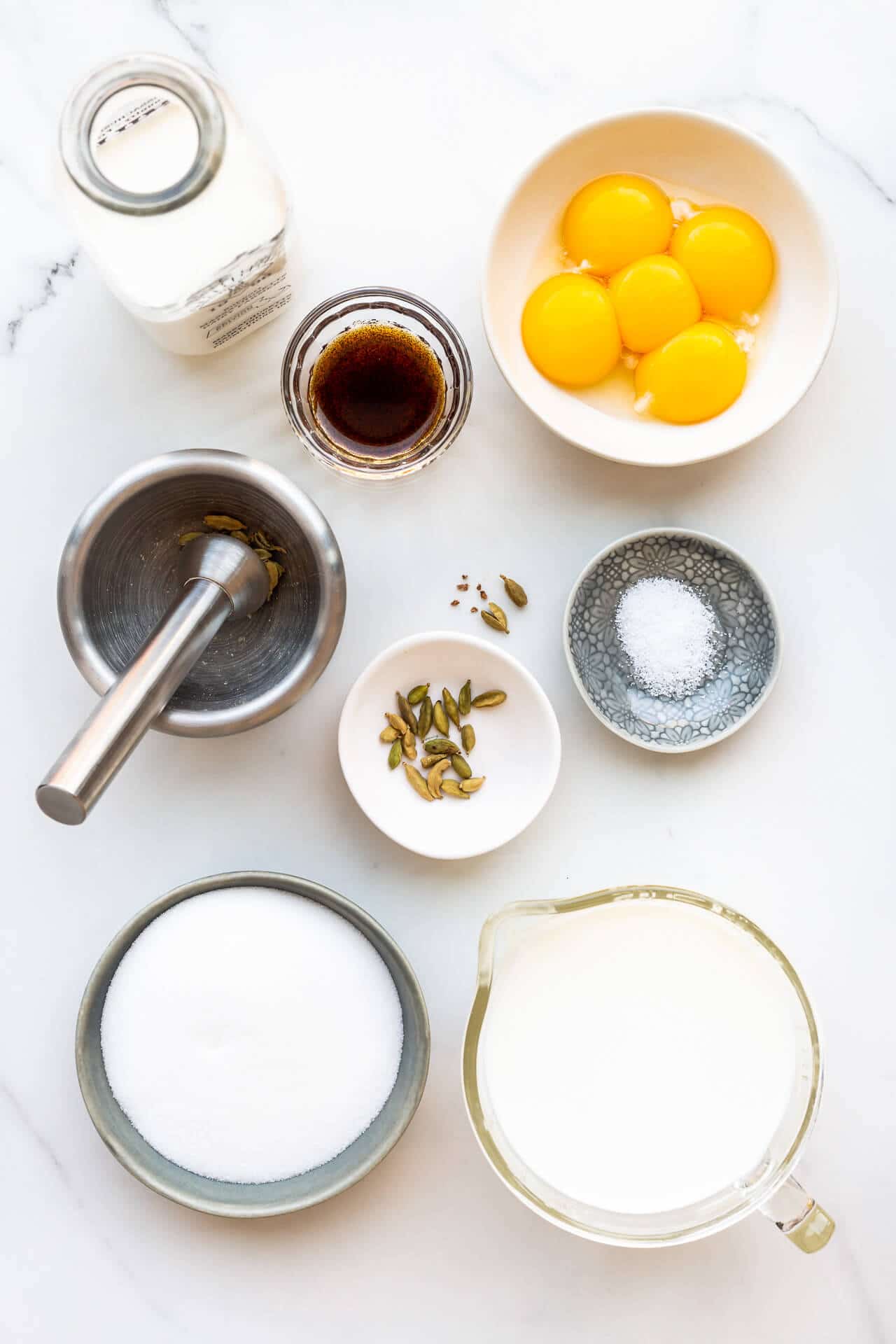
Substitutes for eggs
Eggs are a key ingredient in most baking recipes, but in many instances, you can make some careful baking substitutions that will work well.
Water, milk, or water mixed with milk powder can replace eggs
In some recipes, simply replacing the weight of eggs with the same amount of water or milk, or slightly less (since eggs are only 75 % water) can work well.
In other recipes, you may need to incorporate some powdered milk (dried milk powder) with the water to provide extra protein and structure.
In this eggless chocolate cake recipe, the eggs are replaced with milk and vinegar:
- the milk will provide moisture to the batter, while the proteins will give it structure
- the vinegar reacts with the baking soda in the recipe, releasing carbon dioxide which helps the cake rise
In this eggless carrot cake, the eggs are replaced with a combination of shredded carrot for moisture and flavour, as well as sour cream, for moisture, structure, and fat.
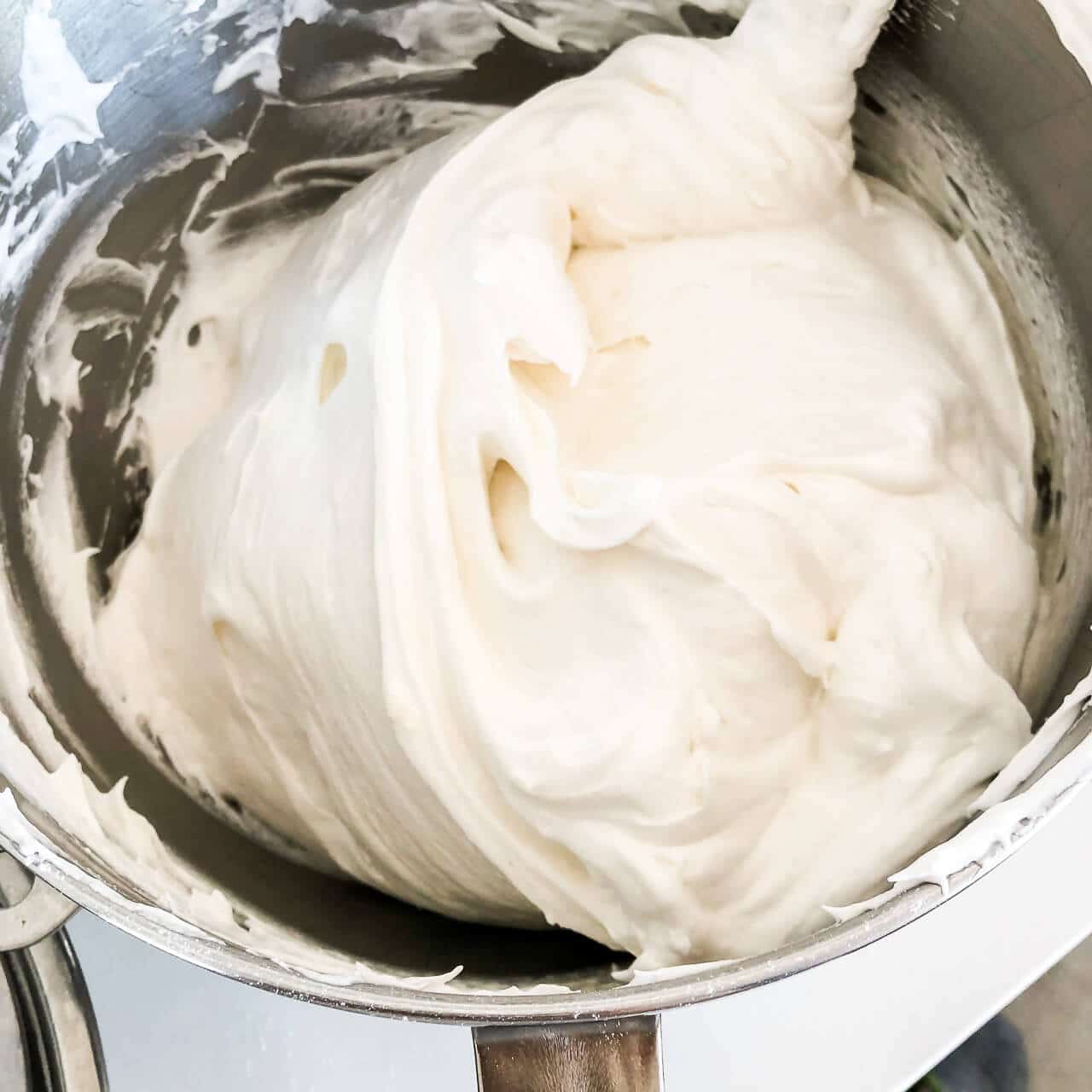
Fruit or bean purées can replace eggs in some recipes
Fruit purées or bean purées can act as an egg substitute, by adding moisture to cake batters, helping to bind ingredients together, and also providing a little fat (but not much).
The most common example of using beans instead of eggs is black bean brownies, made with a purée of drained canned black beans instead of eggs.
Another great example of fruit purées replacing eggs is this eggless banana bread, made with 375 mL (1.5 cups) of mashed banana and no eggs. This works with canned pumpkin too, as you can see in this healthier pumpkin bread recipe.
There is one substitute for eggs that I have yet to try and which falls under this category: silken tofu. Tofu is made from soy bean curd (coagulated soy milk, basically) so I'd imagine it would work the same as bean purées and fruit purées. Of course, it would have to be blended into a smooth paste to incorporate it into a cake batter, for example.
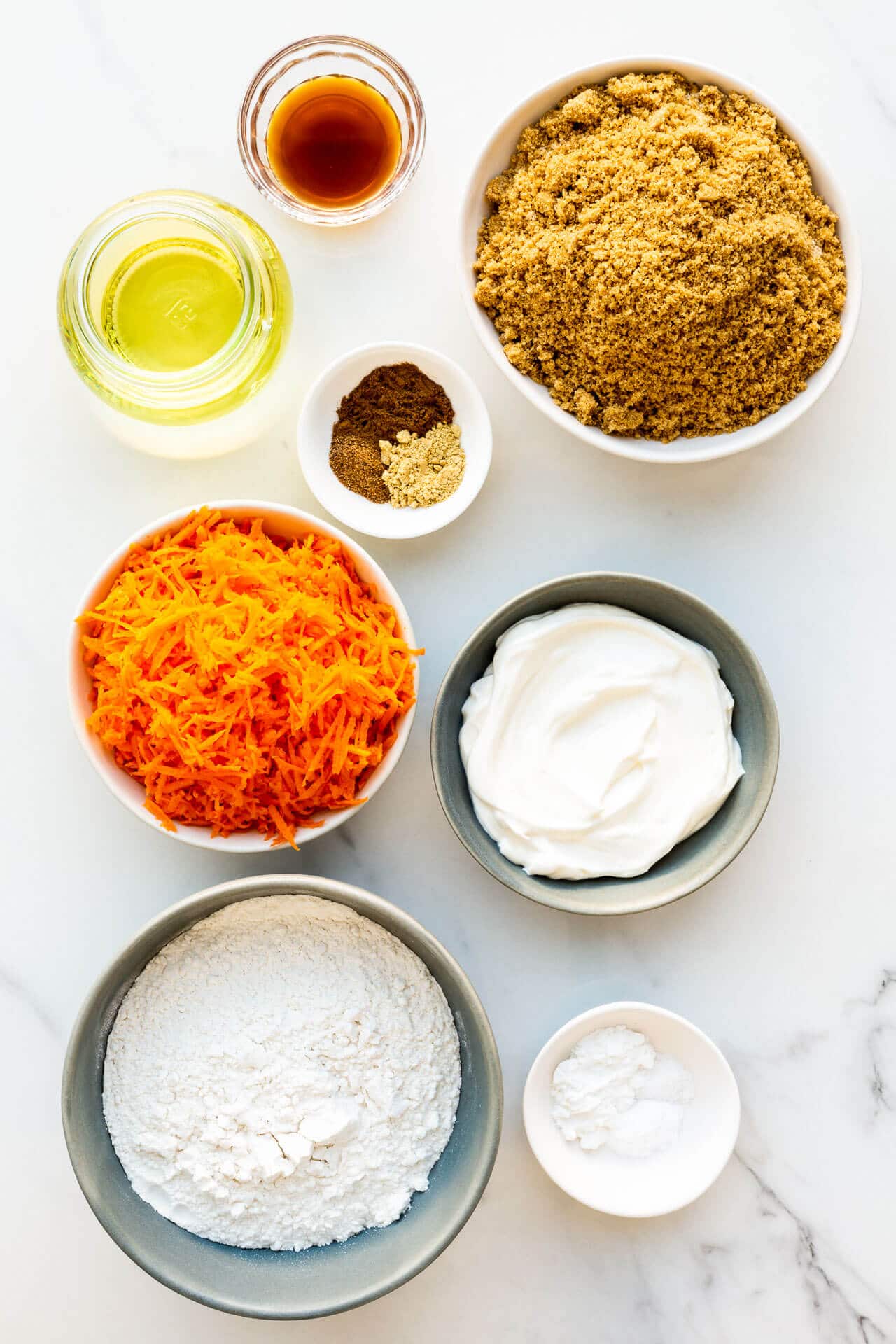
Aquafaba can be whipped instead of egg whites
Next time you drain a can of beans or chickpeas, save the liquid because you can whip it just like egg whites. The liquid is called aquafaba, literally translating to bean water.
Aquafaba is a protein rich aqueous solution, meaning a water-based liquid with high concentrations of bean proteins dissolved in it. Those bean proteins are great for trapping air, just like the protein in low fat milk is great at trapping air when warmed to make a latte or cappuccino.
You can even make meringues from aquafaba.
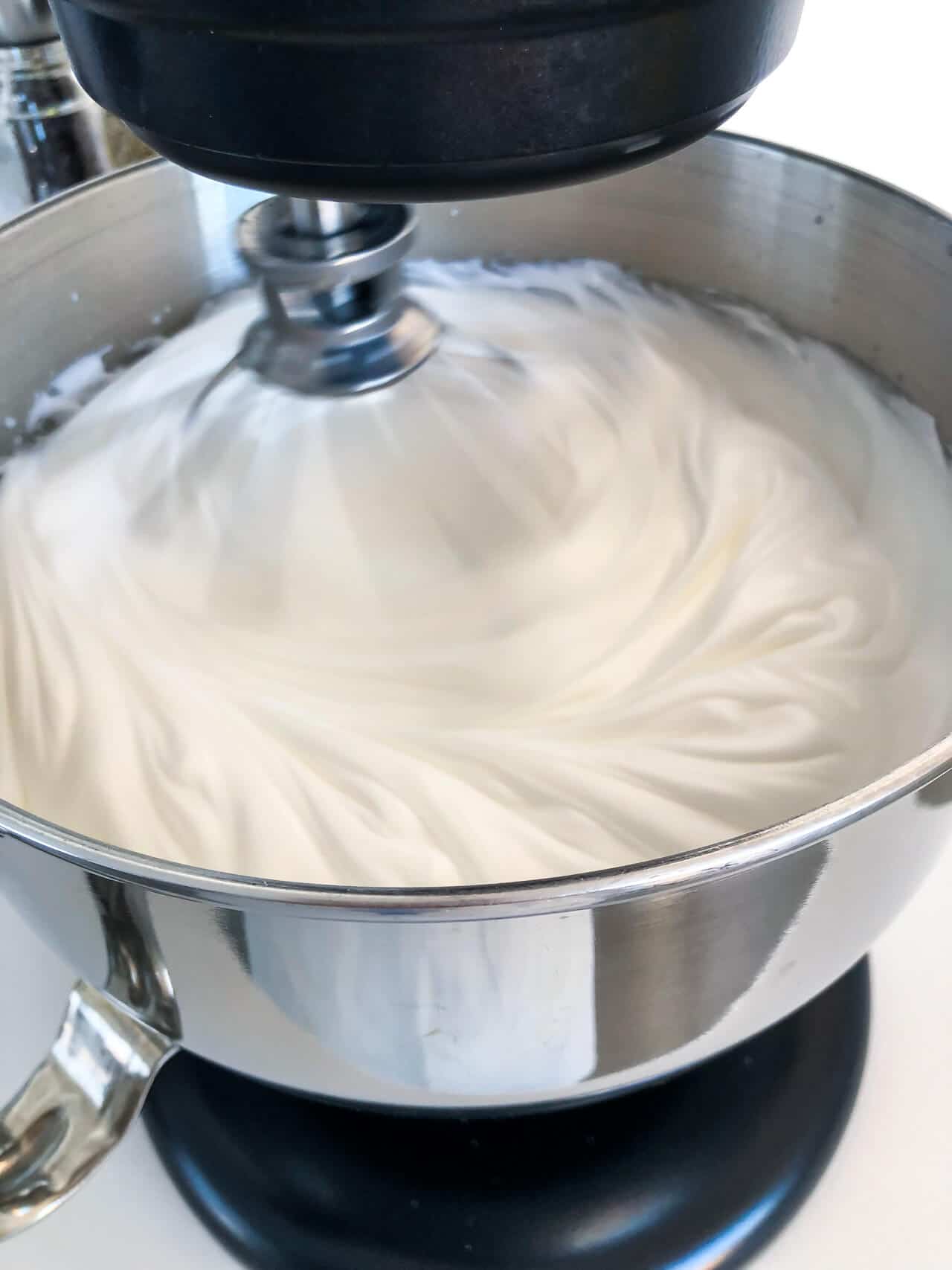
Flax eggs and chia eggs are great egg substitutes
Grind flax seeds or chia seeds in a spice grinder to form a fine powder that you can mix with water. The resulting goopy mixture will look a lot like egg whites and will act as a great egg substitute, playing a similar role to eggs in baking recipes.
When should you not replace eggs in baking recipes?
Pastry cream and crème anglaise wouldn't quite be the same without the eggs in them. A pastry cream without eggs is basically pudding, isn't it? This homemade butterscotch pudding is eggless.
Is homemade eggnog without egg yolks even eggnog? Debatable. And classic vanilla bean ice cream is based on a crème anglaise made with 5 egg yolks (or more!) and it's hard to beat...
Another instance where you shouldn't replace the eggs in baking: cream puffs, éclairs, and pâte à choux, which relies heavily on eggs for its flavour, structure, and texture. You can also expect that in angel food cakes and chiffon cakes that sometimes take a dozen egg whites, it will be difficult to replace the eggs because the recipe depends on such a large volume of egg whites. In these recipes, it will be more complex and take more tests to find a reliable substitute for the eggs.
Still, if you find yourself in a situation where you've run out of eggs or you can't eat them, you do have options! Replacing the eggs in baking recipes gets you once step closer to baking vegan recipes, if you can also find a suitable substitute for the dairy in your recipes.
Baking is a science and substitutions can be complex, requiring a lot of testing to get them right. Familiarize yourself with the popular substitutes for eggs on this page so that you can tackle your next eggless recipe with ease and a little more confidence!
📖 Recipe
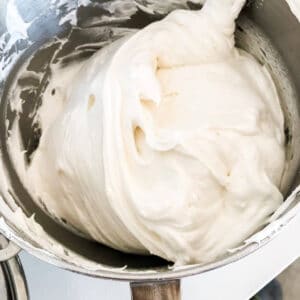
Substitute For Eggs
Equipment
Ingredients
- 15 mL chia seeds or flax seeds
- 45 mL water
Instructions
- In a spice grinder, grind the chia seeds (or flax seeds) into a very fine powder.
- In a small bowl, whisk together the ground seeds with the water. Let sit for 10 minutes. The mixture will gel and have a similar texture to a whisked egg. It is now ready to use.

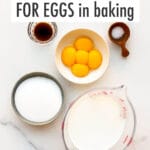
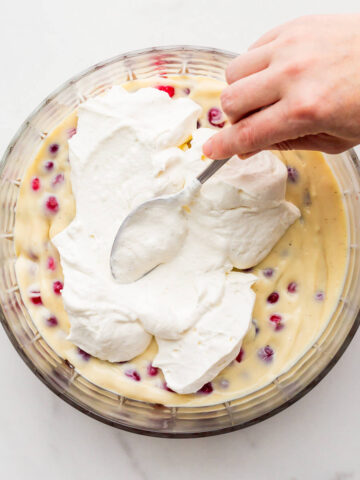
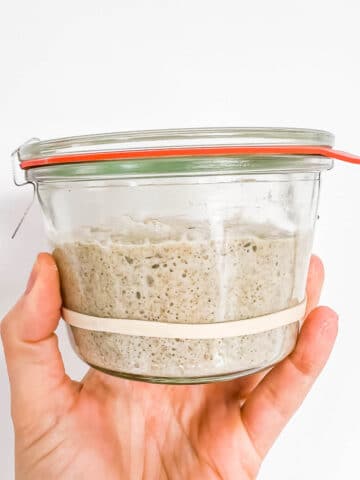
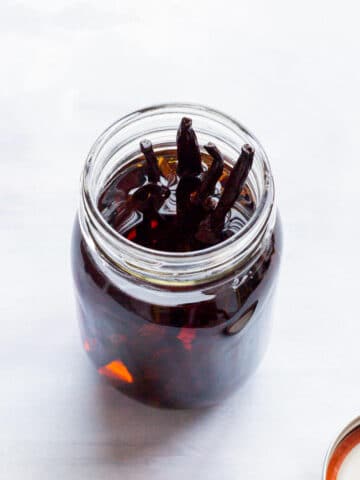
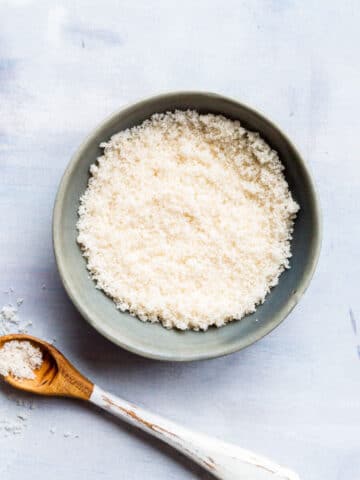
Leave a Reply